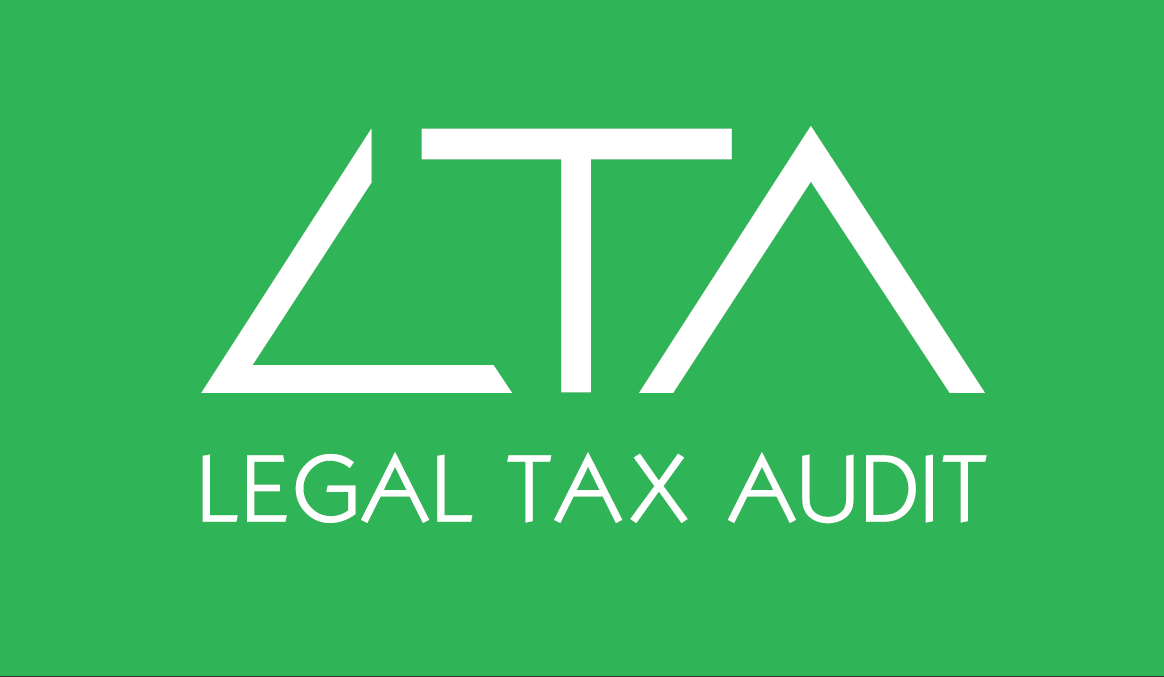Platform work is a form of income-generating activity in which individuals or organisations use online platforms to provide specific services or solve specific problems. This model has developed rapidly, particularly during the COVID-19 pandemic, and includes a wide range of activities such as delivery services, translation, taxi services, babysitting and so on. Very often, those providing the services mediated by the platform are in a weak position vis-à-vis the platform, which is why the EU has focused on ensuring their employment protection.
Key points of the new rules
- Correct classification of employees – the new rules make it easier to reclassify platform workers as employees, guaranteeing them rights under the Labour Code and enhanced social protection. As long as the relationship between the worker and the platform exhibits certain characteristics, the directive will provide for a presumption of an employment relationship (regardless of the type of contract they have entered into with each other).
- Transparency of algorithms – digital platforms must inform workers about the use of automated systems and there must be control over their use. An algorithm is no more than a human.
- Increased accountability of platforms – new rules require platforms to provide key information to individual states about their activities and the people who work through them.
The Directive will have to be implemented by Member States within two years, by October 2026. 2026 will mark the implementation of both this and the Equal Pay Directive. The field of employment law will certainly continue to be busy in the years to come.


 Čeština
Čeština Deutsch
Deutsch